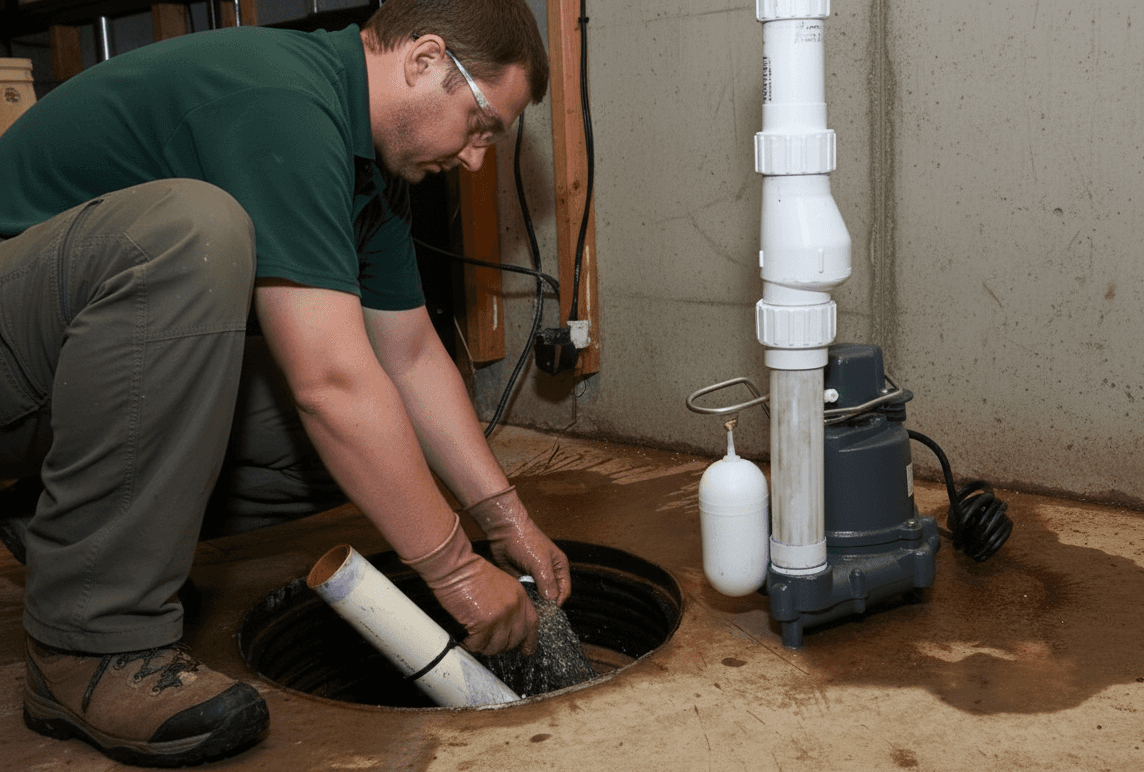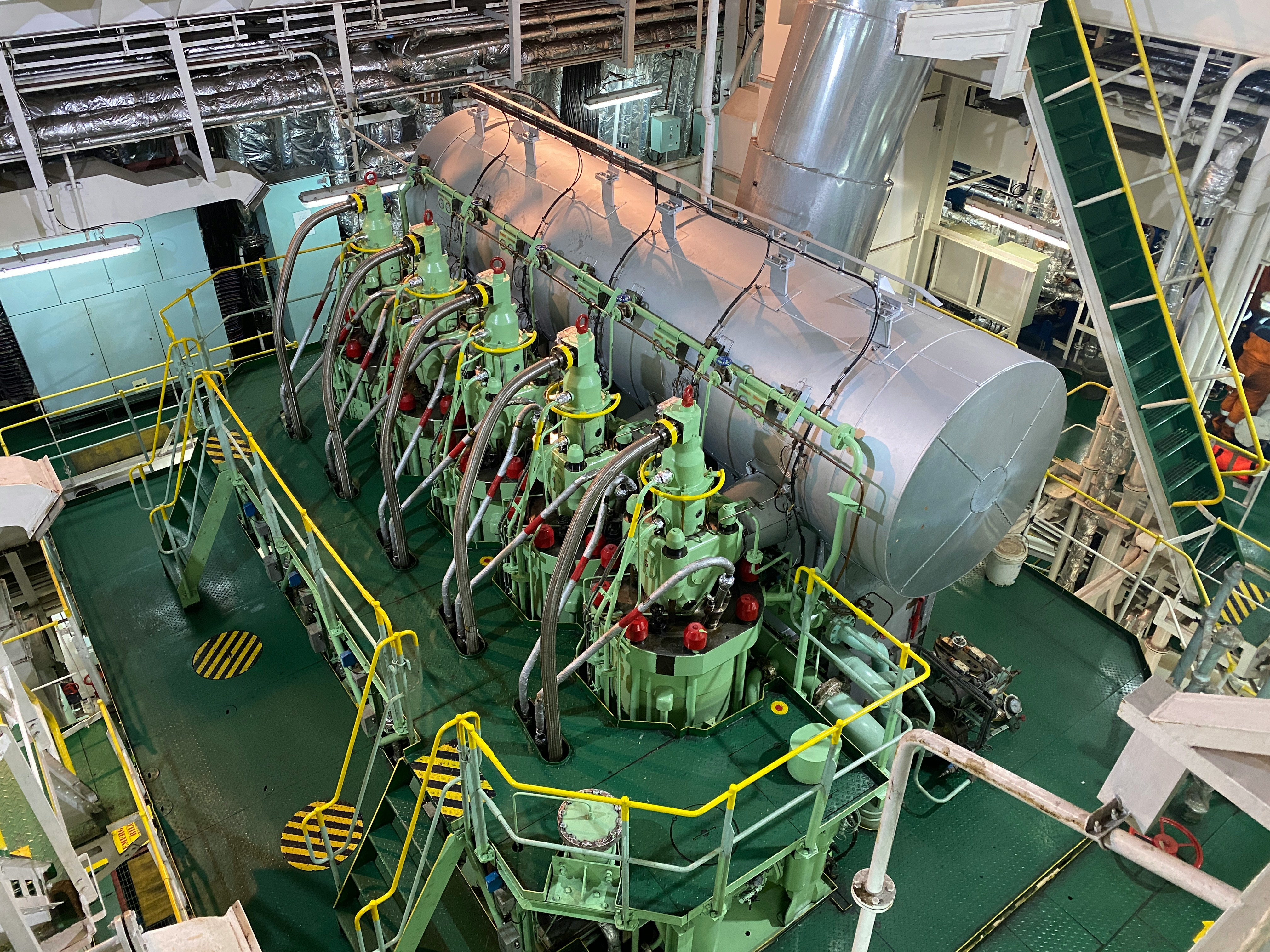ISO Standards for Steel Fabrication: Safety, Importance, and Tips
Aug 1, 2025
Steel Fabrication plays a key role in building today’s industrial and construction projects, from skyscrapers and bridges to power plants and pipelines. These strong metal frames are what keep everything stable and secure. But putting these structures together isn’t just about cutting and welding; it’s about doing it right, safely, and reliably. That’s why steel fabrication standards are so important.
Following widely accepted ISO standards for steel fabrication helps businesses ensure their products are durable and safe, for both the people who build them and those who use them. Let’s take a closer look at why these standards matter and how they’re applied in the steel fabrication industry.
What Do ISO Standards for Steel Fabrication Mean
The International Organisation for Standardisation (ISO) develops globally recognised guidelines to help industries maintain quality and safety. The ISO standard for steel fabrication provides a clear framework to ensure products are made reliably and meet set benchmarks, fostering trust in the manufacturing process.
Key ISO Standards for Steel Fabrication
ISO 9001 Quality Management Systems
This standard ensures consistent processes and customer satisfaction by requiring careful monitoring and documentation from raw materials to final delivery.
ISO 3834 Quality Welding Requirements
ISO 3834 sets clear requirements for welding procedures, certifies welder qualifications, and enforces quality controls to ensure strong, reliable welds that meet industry standards.
ISO 45001 Occupational Health and Safety
This internationally recognised safety standard emphasises managing risks, training employees, and preparing for incidents to promote a healthy work environment.
ISO 14001 Environmental Management
Designed to promote eco-friendly operations, the standard encourages waste minimisation, emission controls, and sustainable business practices.
ISO 50001 Energy Management
The energy management standard helps companies optimise energy use, reduce expenses, and minimise environmental impact.
ISO 10204 Material Certification
Documentation standards guarantee that steel materials can be tracked and verified through detailed certificates covering their source and composition.
The Importance of Quality Standards in Steel Fabrication

In steel fabrication, quality is non-negotiable. Poor fabrication can lead to structural failures, cause project delays, and increase costs. Implementing quality standards ensures:
Precise adherence to engineering specifications and exact measurements.
Uniform welding procedures that deliver durable and consistent joints.
Complete material traceability, verifying each steel batch against mechanical and chemical standards.
Detailed records that simplify inspections, audits, and communication with clients.
Maintaining these steel fabrication standards supports safer structures, smoother project execution, and long-term reliability.
Challenges and What to Consider
Implementing ISO standards offers valuable benefits but also requires careful attention to key factors to ensure success.
Certification involves a financial investment that varies with the organisation’s size and complexity.
Aligning operations with multiple ISO standards requires thorough planning and coordination across teams.
Maintaining compliance means regular monitoring, internal reviews, and external audits to meet requirements consistently.
Ongoing staff training is essential so employees fully understand and apply quality and safety practices.
Integrating ISO standards for steel fabrication often calls for adjustments to existing workflows to enhance efficiency and ensure adherence.
How UAE Steel Fabrication Companies Maintain Global Quality and Safety

The UAE is known for its ambitious infrastructure projects, supported by companies dedicated to upholding global steel fabrication standards centred on quality and safety.
A significant number of these firms are ISO certified and employ advanced technologies like CNC cutting, robotic welding, and non-destructive testing (NDT) to ensure rigorous quality control for steel throughout the production process. These companies serve a wide range of industries, including oil and gas, construction, marine, and manufacturing.
From Dubai’s iconic skyscrapers to Abu Dhabi’s renewable energy plants, choosing an ISO-certified steel fabricator ensures these structures stay safe, durable, and reliable for years. These companies guarantee structural integrity while prioritising the safety of all personnel involved in the construction process.
Building Strength on Standards
At Automech, we understand that adhering to the ISO standard for steel fabrication is essential for delivering high-quality products and ensuring effective quality control. Our commitment to robust fabrication standards guarantees consistent processes designed not only to meet but exceed industry expectations.
Whether you’re a business striving to become an ISO certified company or a client seeking trusted manufacturers, Automech’s expertise in these standards helps build lasting, dependable relationships in today’s competitive market. Partner with us to experience precision, reliability, and quality you can count on.





